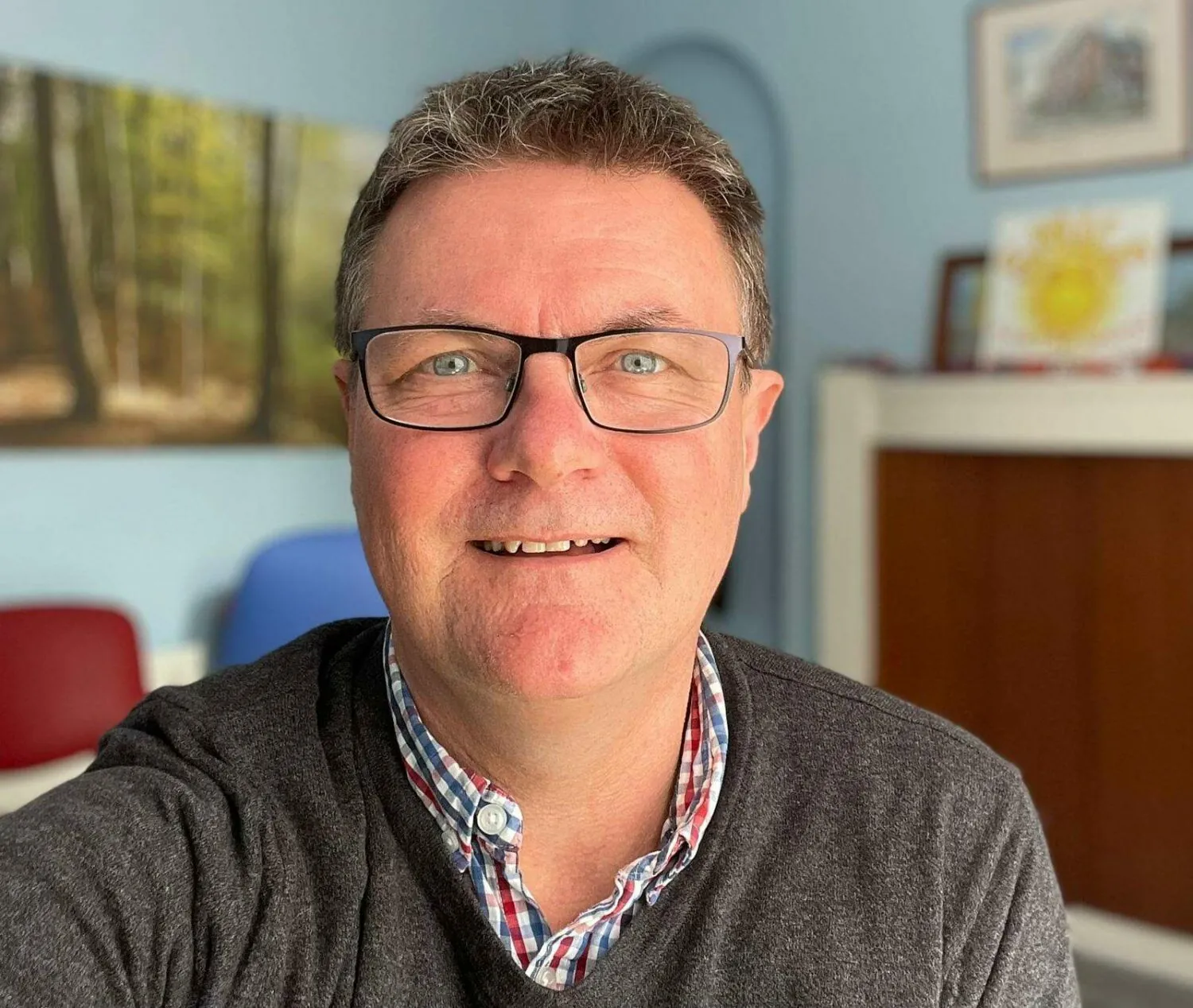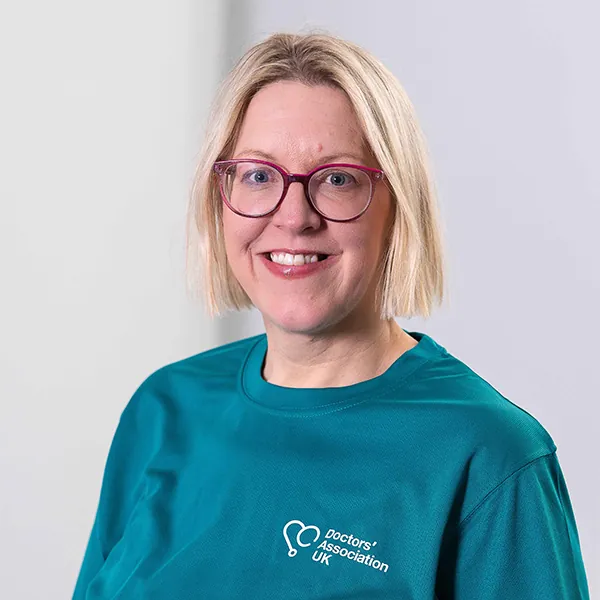DAUK’s Dr Steve Taylor says GPs are carrying out 20 per cent more appointments than before the pandemic while their funding has been reduced by 20 per cent in the past eight years.
Speaking on national radio, Dr Taylor, GP spokesperson for the Doctors’ Association UK, said the collective action voted for by family doctors was about their safety and that of patients.
He said by taking collective action GPs were working to their contract and that they were ‘not stopping work, downing tools, or walking away from patients’.
Dr Taylor said: “Over the past 30 years we have added and added to the workloads that GPs do, and this is a case of working to contract.
“Since 2019 we are doing 20 per cent more appointments than we were before the pandemic.
“We’ve increased the number of appointments, and that includes face-to-face appointments, telephone appointments, e-consults, the number of prescriptions.
“In the context of what’s going on, it’s GPs saying hang on a second, ‘we can’t do this anymore’.
Patient care
“This is about providing for patients.
“It’s saying we can’t carry on doing all the things we’ve been asked to do in addition to caring for patients,” he added.
Dr Taylor was speaking on the Vanessa Feltz programme on LBC, and told listeners about some of the issues that are placing increasing demand on GPs.
“One in nine patients are currently waiting for hospital treatment, and those one in nine patients aren’t waiting passively,” he said.
“They’re coming to see GPs, asking us to write letters and sometimes they’re ill with pain.
“We’re having to deal with a lot of people who, ten years ago, would’ve been dealt with a lot more quickly by the hospitals.
“Another example is a number of the proformas we’ve been asked to fill out take a lot longer than old fashioned referral letter.
“We used to write to our colleagues at the hospital and say can you see x, because they’ve got y and can you exclude z?
“Now we have to fill out a proforma which can take five or six minutes to do.
Cuts to funding
“It doesn’t sound like much but in the context of providing a 10 or 15-minute appointment, that’s half an appointment when it used to take a minute to write a letter.
“It’s all added bits of work as time has gone on.
“30 years ago, my average working day was about eight to eight and a half hours. It’s gone up to 10 to 11.
“The number of appointments I was doing back then was 27 a day, it went up as high as 50 at some points, a mixture of face-to-face, telephone and e-consults.
“In addition to that, the funding has been cut. We’ve got 20 per cent less funding per patient than we had even eight years ago.
“It means we have fewer doctors and nurses in practices.
“The average number of patients a GP looked after was 1,800. It’s now 2,300.
“If we had more money we could employ more doctors.
“There isn’t a shortage of doctors, we’re producing 4,000 doctors a year through the training programmes, but we’re now in a position where many of those can’t get the amount of work that they want – and some are unemployed.
“It’s crazy.”
Collective action
Dr Taylor emphasised that the collective action was ‘not about pay’.
He told LBC listeners: “It’s about making sure patients get access to GPs.
“Every single day 1.4 million people have access to GP practices, which is huge numbers of people, and it was 1.2 million not that long ago.
“But we can’t carry on doing all of that. It’s not possible without the extra resources and extra funding being brought into practices.
“We care for patients. I wouldn’t have been a GP for 30 years if I didn’t genuinely care.
“We’ve done everything we can possibly do with the resources we have. We basically pleading for more.”





